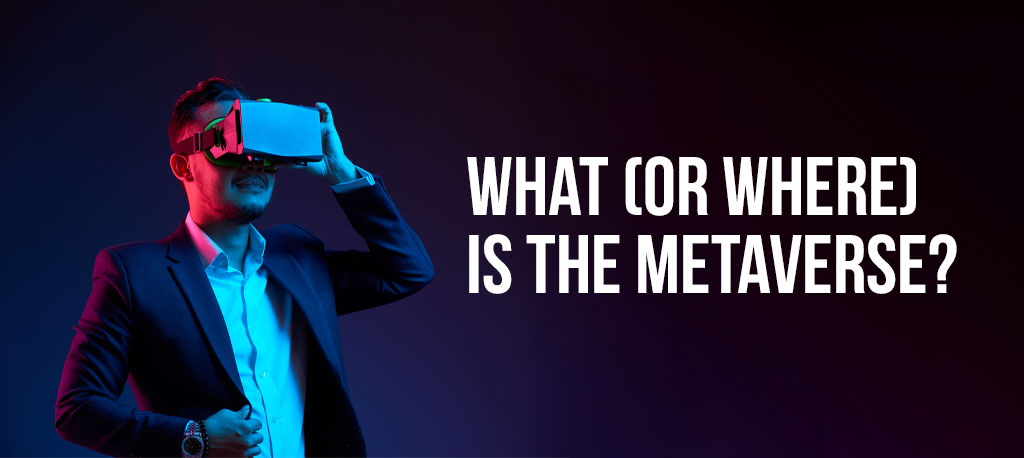If you have been anywhere near the internet in the past week or so, you will have seen the news that Facebook has decided to rebrand to ‘Meta’ in a move that has sparked worldwide debate around the controversial move. The rebrand was announced with a promise of building a new vision for the internet.
As someone with a passion for branding and marketing, I was intrigued by the reaction of my peers to the name and logo change, but it equally posed questions as the impact the shift may have on the tech world as a whole.
Firstly. What (or where) is the ‘Metaverse’?
What does it mean for how data is used, stored and processed?
The ‘Metaverse’ refers to the place where physical and digital worlds meet, with Mark Zuckerberg himself declaring that Meta ‘Believe the metaverse will be the successor to the mobile internet, we’ll be able to feel present – like we’re right there with people no matter how far apart we actually are.”
Indications suggest it will be a world of virtual and augmented reality, with ‘in-person’ meetings taking place remotely. It will be a world of many interlinked worlds, with users being able to seamlessly transition from and within apps owned by Apple, Facebook, Google and more.
With that, there are an overwhelming number of legal concerns around the protection of sensitive information and data (something we hold in extremely high regard at Threat Protect). The level of detail of the data that is being collected will extend to who we speak to, how we interact, and even our body language when doing so. To put the level of concern into perspective, Facebook itself has announced a £36 million investment programme to ensure the metaverse is built responsibly.
Advancements in technology are great but this latest development seems to be taking us closer and closer to a real-life episode of Black Mirror. Time will tell as to whether the metaverse will compliment or hinder our lives and I will be watching the developments closely!


